 |
| Dr Gordon Ingram and Master Vu Bich Phuong argue that it is necessary to act responsibly and prioritize children's social health when using AI. (Source: RMIT) |
Many psychologists warn that unchecked use of generative AI tools like chatbots and virtual companions could impact children's development of core social skills.
According to Dr Gordon Ingram, a lecturer in Psychology at RMIT University, Vietnamese children currently spend an average of 5-7 hours a day on the Internet, many of whom are regularly interacting with tools such as ChatGPT, Replika or DreamGF not only to do homework but also to confide, relieve loneliness, and even experiment with romantic feelings with AI.
“Relationships with AI may feel safe but lack realism, leading to the risk of developing distorted perceptions of social interaction,” said Mr. Ingram. According to Mr. Ingram, children may develop unrealistic expectations and a reduced tolerance for conflict, rejection, and awkward situations, which cannot be learned from the “overly polite” responses of chatbots.
“When children are not challenged in real-life settings with their peers, they are more likely to have low resilience, impulsive behaviour or social withdrawal. These are factors that increase anxiety and reduce the ability to make healthy connections,” said Ms Vu Bich Phuong, a lecturer in Psychology at RMIT University.
In addition, although social networks such as TikTok and Facebook have age restrictions of 13 and above, many AI-generated platforms still do not have a mechanism to verify users, leading to the risk of children easily accessing inappropriate content. Some platforms even simulate emotional relationships in a realistic way, making it difficult for children to distinguish between reality and fantasy.
“We should not only apply age restrictions like social networks but also be even stricter with AI. Accordingly, AI platforms need to design age-appropriate content, add clear censorship mechanisms and mandatory age verification; and have easy-to-understand and easy-to-use content reporting buttons, especially for children and parents,” Ms. Phuong emphasized.
On the family side, parents are advised to accompany their children in the process of using AI, encourage dialogue after interactions and guide children to think critically about the information received from the machine. In schools, teachers should increase group activities, discussions and problem solving with direct interaction.
In addition, RMIT experts also called on governments and regulators to invest in long-term research, assemble interdisciplinary teams of technical experts, educators and psychologists to assess the profound impact of AI on child development and develop guidelines for the ethical use of AI in schools and families.
“As AI becomes a more integral part of children’s lives, it is important to act responsibly and prioritize their social well-being,” said Ingram.
“On International Children’s Day, turn off your devices and connect with your children. Together, let’s nurture a generation that is empathetic, resilient, and connected to real people, not just machines,” shared Master Phuong.
Source: https://baoquocte.vn/co-nen-ap-dung-gioi-han-do-tuoi-su-dung-ai-giong-nhu-mang-xa-hoi-316149.html




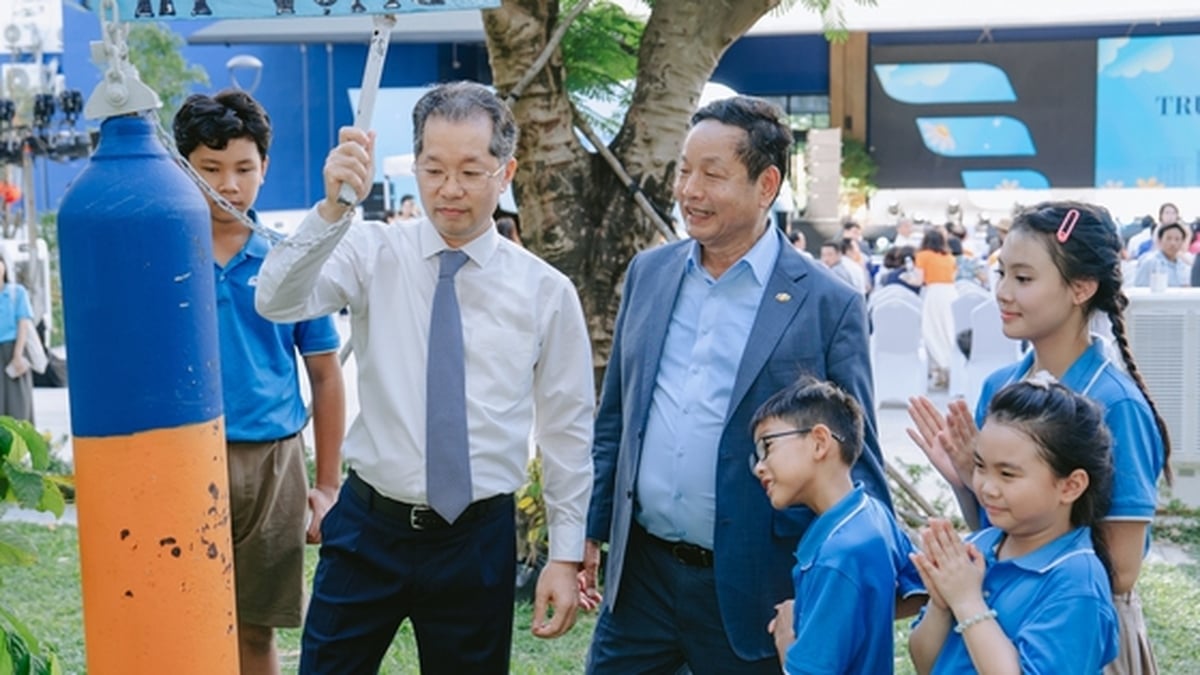


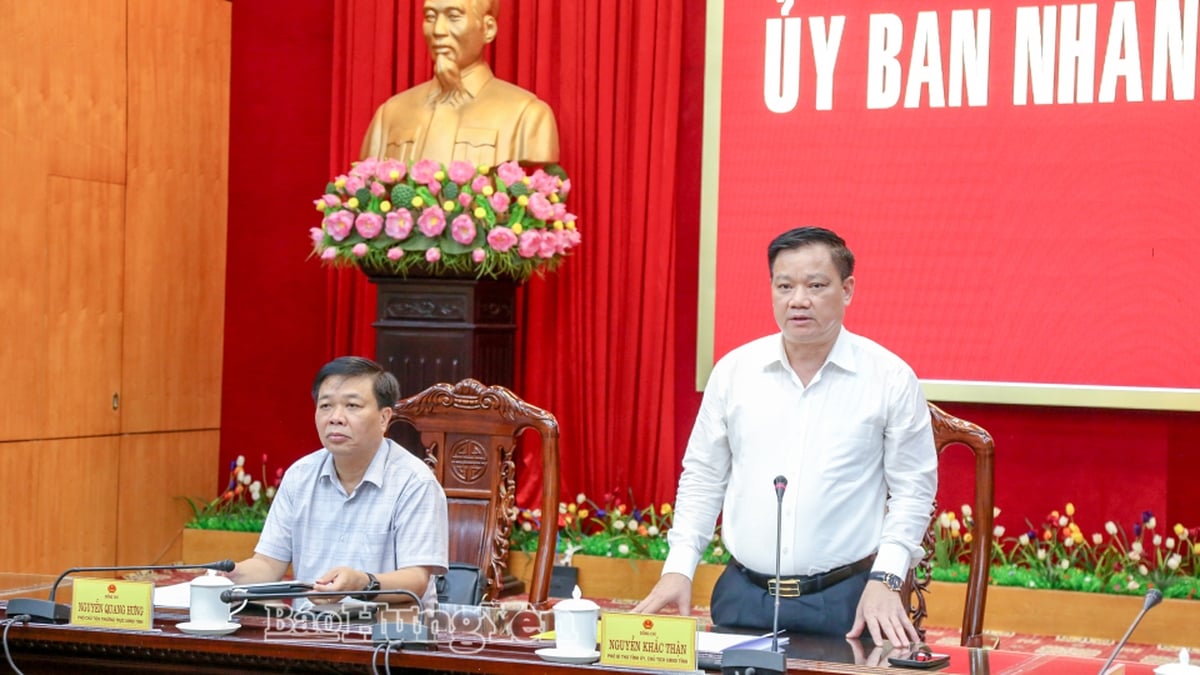


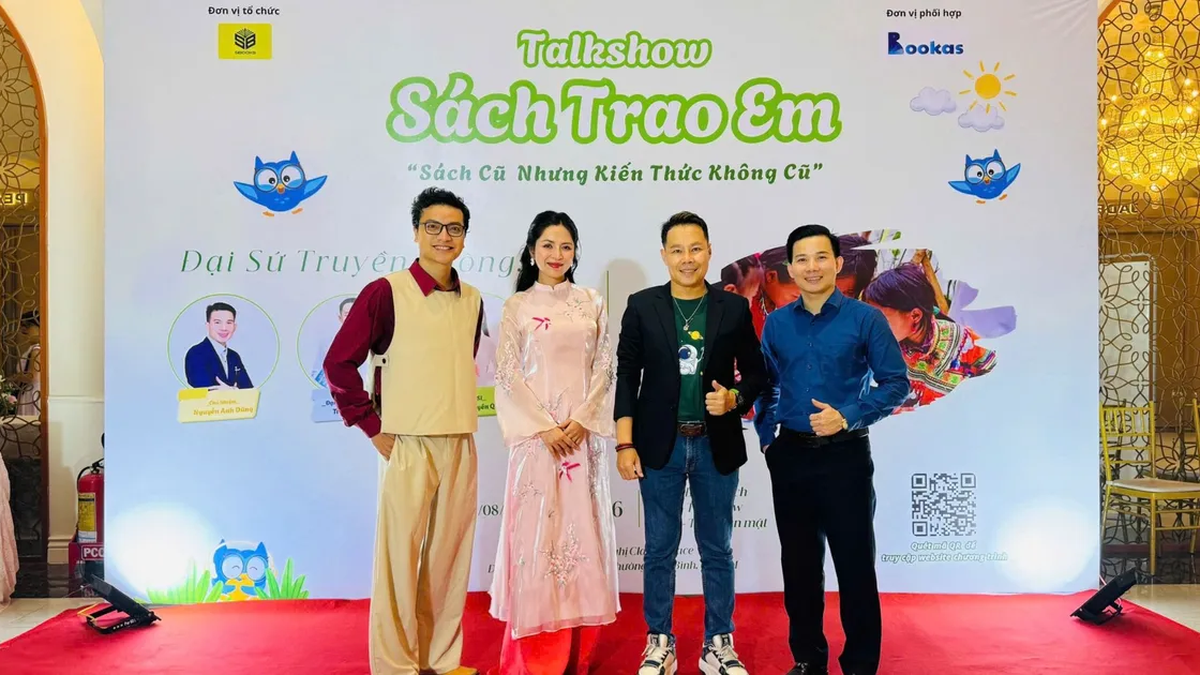



















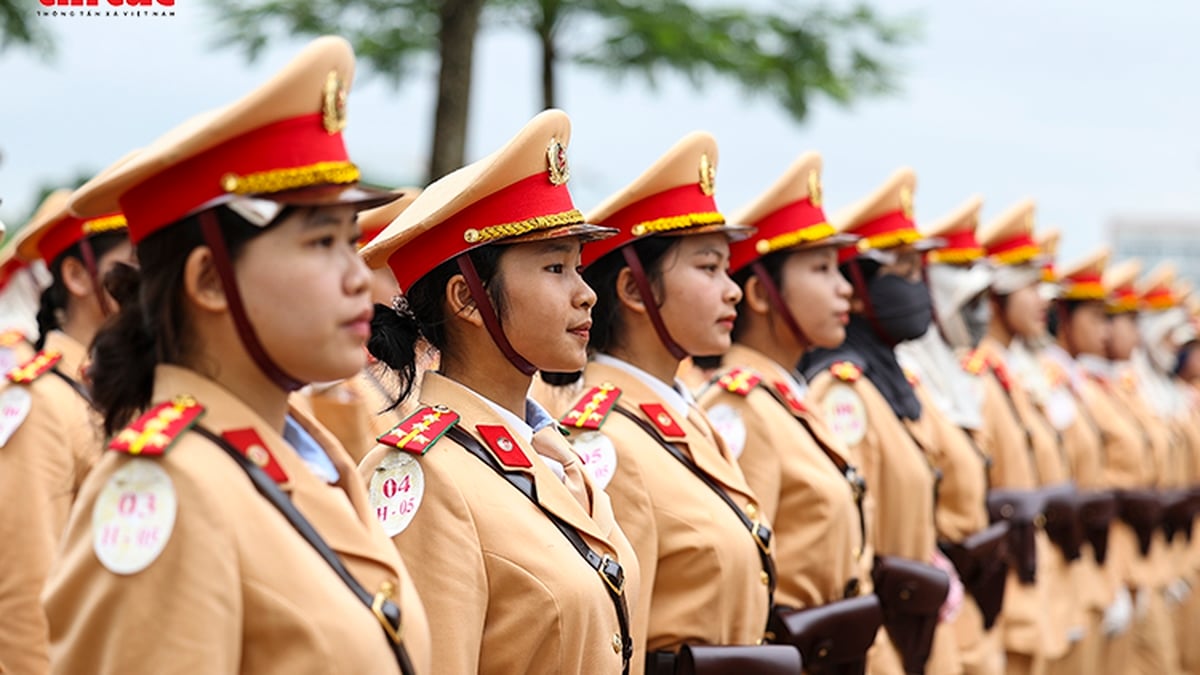










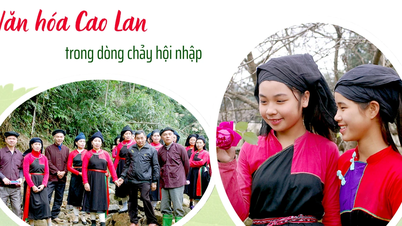


















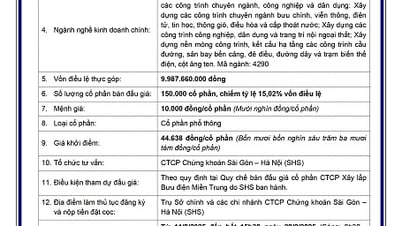
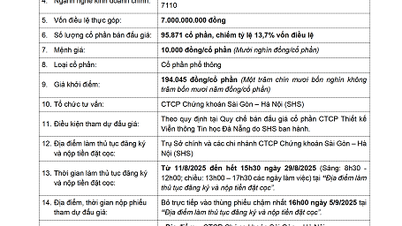











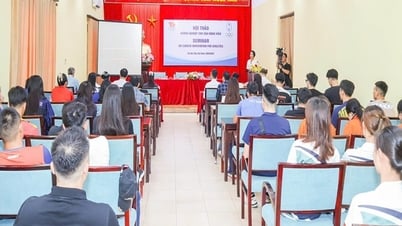



























Comment (0)